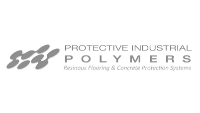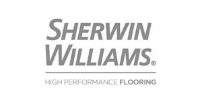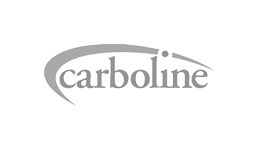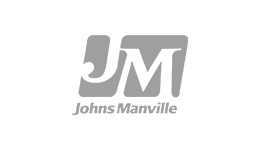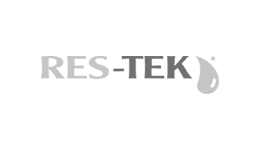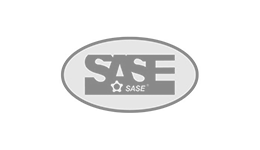Mississippi
1593 Dancy Blvd
Horn Lake, MS 38637
Phone: 662-280-7616
Hours: 8:00 AM – 5:00 PM CST
1593 Dancy Blvd
Horn Lake, MS 38637
Phone: 662-280-7616
Hours: 8:00 AM – 5:00 PM CST
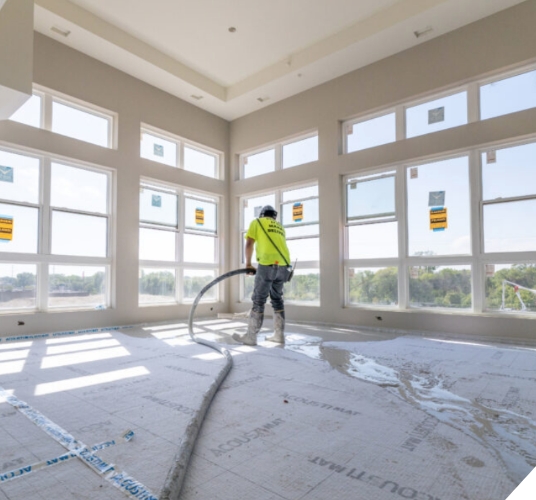
Our Structis® team in Mississippi has a reputation for overcoming any building challenge. We specialize in providing the information builders need to make sound decisions that result in successful projects. Our spectrum of underlayment products meets all project needs.
Contractor: Craine Construction
Scope: Structis out of Nashville, TN secured the contract to apply around 7 inches of Low-Density Fill (LDF) over the existing parking deck, topped with 1 inch of Maxxon® Level-Crete.
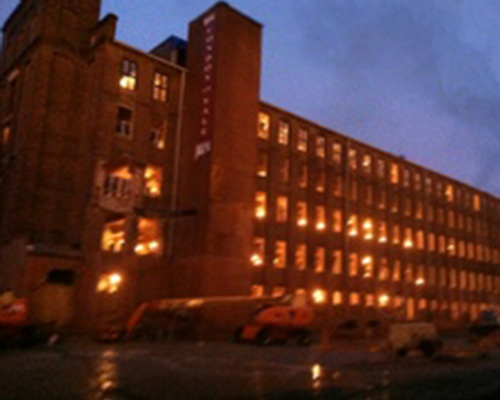
Scope: 50,000 sq.ft Gyp-Crete 2000®/3.2K over Acousti-Mat® 3/4, poured at a depth of 1 1/2″ – 2″
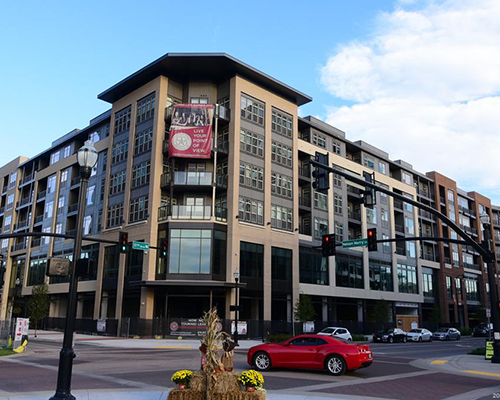
Contractor: HOAR Construction
Scope: 304,000 sq.ft Gyp-Crete 2000®/3.2K over Acousti-Mat® 3/8 90 Elevated balconies waterproofed and concrete poured
Made a delivery there the other day….relatively quiet street not much traffic to negotiate around backing up to the building….super friendly people and Mike the forklift operator takes the time to talk with you and not just hurry up unload and get out…there’s not many places or people like that I hope I get the chance to go back again..
IIC and FIIC are measures of how soundproof a material is, but there’s a slight difference between the two terms. Impact Insulation Class (IIC) is the lab rating of a material’s sound resistance. Field Impact Insulation Class (FIIC) is a more accurate on-site test that takes the combined soundproofing materials into account. These measures are both based on how well the chosen material reduces impact noises like footfall, scraping, jumping, etc. With a higher IIC or FIIC (multifamily buildings want to be around 55 FIIC), there’s a higher level of acoustic insulation in a material, which means that sounds are significantly reduced.
IIC and FIIC are measures of how soundproof a material is, but there’s a slight difference between the two terms. Impact Insulation Class (IIC) is the lab rating of a material’s sound resistance. Field Impact Insulation Class (FIIC) is a more accurate on-site test that takes the combined soundproofing materials into account. These measures are both based on how well the chosen material reduces impact noises like footfall, scraping, jumping, etc. With a higher IIC or FIIC (multifamily buildings want to be around 55 FIIC), there’s a higher level of acoustic insulation in a material, which means that sounds are significantly reduced.
IIC and FIIC are measures of how soundproof a material is, but there’s a slight difference between the two terms. Impact Insulation Class (IIC) is the lab rating of a material’s sound resistance. Field Impact Insulation Class (FIIC) is a more accurate on-site test that takes the combined soundproofing materials into account. These measures are both based on how well the chosen material reduces impact noises like footfall, scraping, jumping, etc. With a higher IIC or FIIC (multifamily buildings want to be around 55 FIIC), there’s a higher level of acoustic insulation in a material, which means that sounds are significantly reduced.
IIC and FIIC are measures of how soundproof a material is, but there’s a slight difference between the two terms. Impact Insulation Class (IIC) is the lab rating of a material’s sound resistance. Field Impact Insulation Class (FIIC) is a more accurate on-site test that takes the combined soundproofing materials into account. These measures are both based on how well the chosen material reduces impact noises like footfall, scraping, jumping, etc. With a higher IIC or FIIC (multifamily buildings want to be around 55 FIIC), there’s a higher level of acoustic insulation in a material, which means that sounds are significantly reduced.
The first step to exceptional services is getting in touch.
